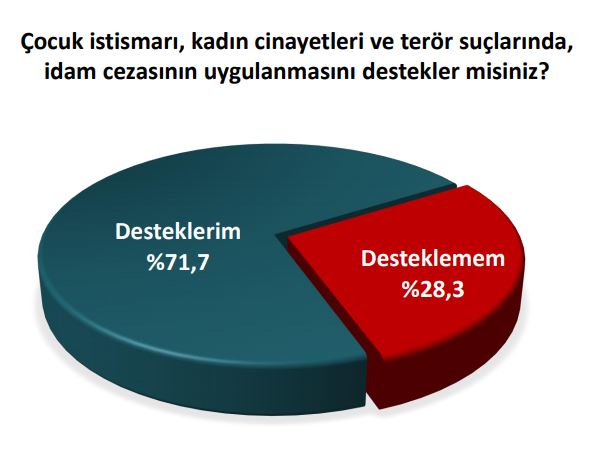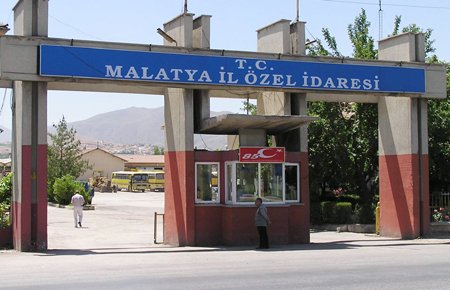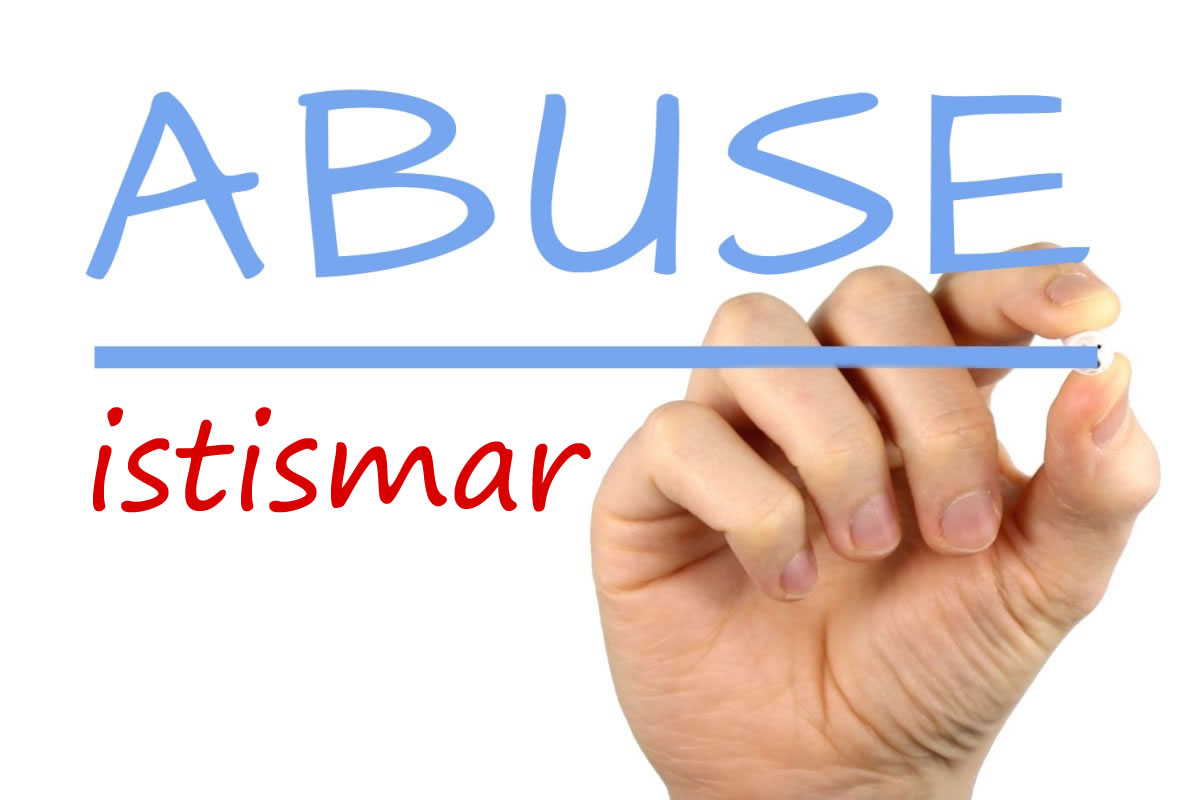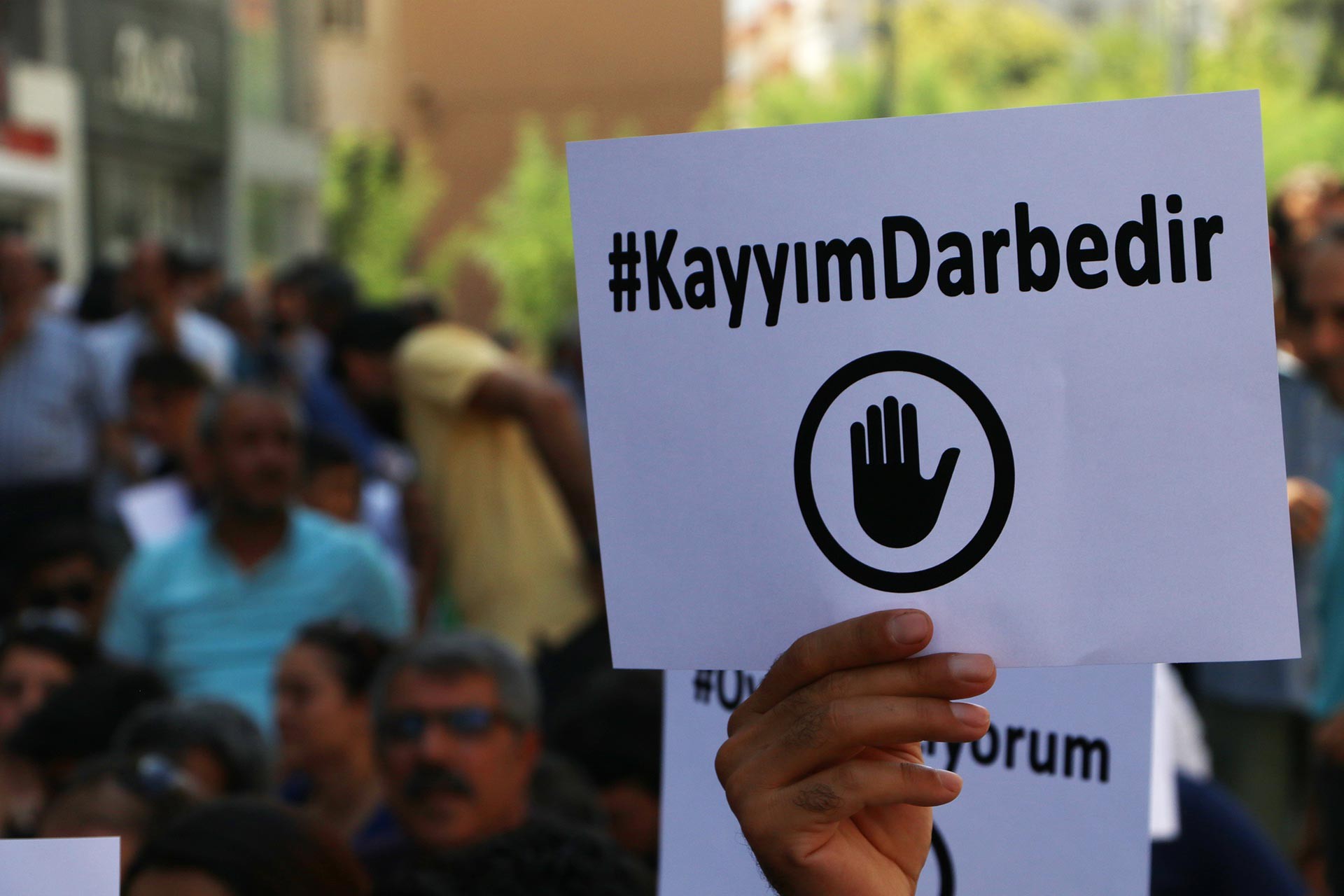The country’s president Recep Tayyip Erdoğan and three major political parties say they support a move to reinstate capital punishment.
But bringing back the death penalty involves a major change to Turkey’s laws, including its constitution, and would first need to be proposed in parliament.
Although the issue has resurfaced multiple times at election rallies and raised by political leaders in recent years, no bill has been tabled.
This page considers the issues surrounding Turkey’s debate in six questions:
- What does the public think?
- How can it be brought back?
- What crimes would be covered?
- Which parties support it?
- Which parties oppose it?
- Can Gülen or his supporters be executed?
1. What does the public think?
Public opinion in Turkey on the issue is driven more often by news events concerning violence against women or abuse of children rather than political matters such as the fate of the exiled cleric Fethullah Gülen.
Yet opinion polls reveal the Turkish public has long supported the death penalty’s return. A Metropoll survey in 2011 found 65% of people wanted it reinstated for “certain crimes” — in Britain, by comparison, support for the death penalty only dropped below 50% for the first time in 2015.
In 2019, a ORC survey asked: “Would you support the death penalty for the crimes of child abuse, murder of women and terrorism?” 71.7% of respondents said they would.

2. How can it be brought back?
There are two stages to reinstating capital punishment in Turkey: first, removing a constitutional ban on the death penalty; second, defining which crimes are punishable by death.
The constitutional hurdle: since 2004, the ninth sentence of Article 38 in the Turkish constitution has said plainly: “Neither death penalty nor general confiscation shall be imposed as punishment.”
That line will need to change if the death penalty is to return.

But the threshold for doing it is very high:
- at least 360 MPs, or three-fifths of the total, are needed to back a referendum on an amendment
- at least 400 MPs, or two-thirds of the total, are needed to amend the constitution without a referendum.
The parties that say they support capital punishment do not have enough seats to reintroduce it outright, but they could arrange a referendum on the issue.
[Back to top]
3. The crimes punishable by death
Until the turn of the century, crimes punishable by death were covered by code 765. These were some of the crimes that it included:
- murder
- treason
- waging war against the state
- destruction of military facilities
- revealing information that threatens national security
There has been no public discussion in government circles of the types of crime that a new death penalty would cover.
Much of the debate has revolved in recent years around violence against women, child abuse and members of the Fethullah Gülen network.
4. Which parties support the death penalty?
No major Turkish party pledged in their 2018 election manifestos to reinstate the death penalty, but three — the AK Party, MHP and İYİ — have since indicated they do.
 Justice and Development (AK) Party
Justice and Development (AK) Party
 Nationalist Movement Party (MHP)
Nationalist Movement Party (MHP)
 Good Party (İYİ)
Good Party (İYİ)
 Grand Union Party (BBP)
Grand Union Party (BBP)
5. Which parties oppose the death penalty?
Five major parties have said since the last election that they oppose reintroducing the death penalty at this time.
 Republican People’s Party (CHP)
Republican People’s Party (CHP)
 Peoples’ Democratic Party (HDP)
Peoples’ Democratic Party (HDP)
 Future Party (Gelecek)
Future Party (Gelecek)
 Democracy and Progress (DEVA) Party
Democracy and Progress (DEVA) Party
 Felicity Party (SP)
Felicity Party (SP)
6. Can Gülen or his supporters be executed?
In short, no. There are multiple parts of the Turkish constitution and whole international treaties that would need to be repealed first.
One such obstacle is the very first sentence of Article 38: “No one shall be punished for an act that was not a crime in law at the time committed; no one shall be given a heavier penalty for that offence other than the penalty applicable at the time.”
The death penalty did not exist at the time of the July 2016 coup attempt so, under Turkish constitutional law, no one can be executed for their role in it.
The same Article 38 also goes on to prohibit the death penalty in all circumstances.
Both those clauses would need to change — an act that would have monumental repercussions for Turkey in domestic and international law — before Fethullah Gülen or his supporters could be executed over a conviction for the July 2016 coup attempt.
Then there is the European Convention of Human Rights. Protocol 6 requires signatories to restrict the death penalty to times of war or imminent war, while Protocol 13 abolished the death penalty in all circumstances.
Turkey has ratified both protocols: the first in 2003, the second in 2006. Amending Article 38 of its own constitution would be a violation of that.









